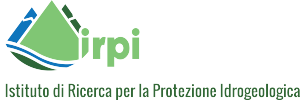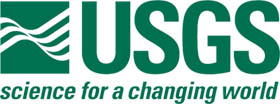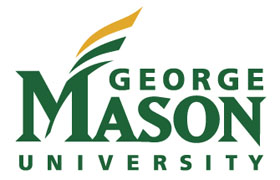The 6th satellite soil moisture validation and application workshop
***
Due to the Italian emergency related to the recent coronavirus outbreak, we have made the decision to reschedule “The 6th satellite soil moisture validation and application workshop” (http://venti-eventi.com/). The event is postponed to Autumn 2021 and will take place in Perugia (Italy) as previously scheduled. While it is disappointing to reschedule, we encourage everyone to follow the guidance of the World Health Organisation and local public health officials, and look forward to seeing you in Perugia next year.
***
The purpose of the 6th Satellite Soil Moisture and Application Workshop is to discuss and reconcile recent methodological advances in the development, validation and application of global satellite soil moisture observations. The workshop series is unique as it brings together satellite soil moisture users and developers with the aim of deriving and exploiting soil moisture from passive and active microwave satellite missions\sensors (SMAP, SMOS, ASCAT, AMRS-2, Sentinel-1, and other legacy missions) as well as optical instruments (e.g., MODIS, Sentinel-2, and others).
The following research questions will be addressed during the 6th workshop:
- Which is the current quality of satellite soil moisture products and which will be the target in the near future?
- Who is using satellite soil moisture observations and for which purposes? Which are the user’s requirements for a better exploitation of the products and which are the main limitations that should be overcome?
- Which is the future of the remote sensing of soil moisture in terms of new missions and new products?
The 6th workshop follows up those held at the European Space Agency in Frascati (Italy, in 2013), at the Royal Netherlands Academy of Arts and Sciences in Amsterdam (The Netherlands, in 2014), at the Millenium Broadway Hotel in New York (USA, in 2016), at the Vienna University of Technology (Austria, in 2017), and at George Mason University (USA, in 2018).
Supported by
Research Institute for Geo-Hydrological Protection – National Research Council
Local organizing committee
TBC
Scientific advisory board
TBC







